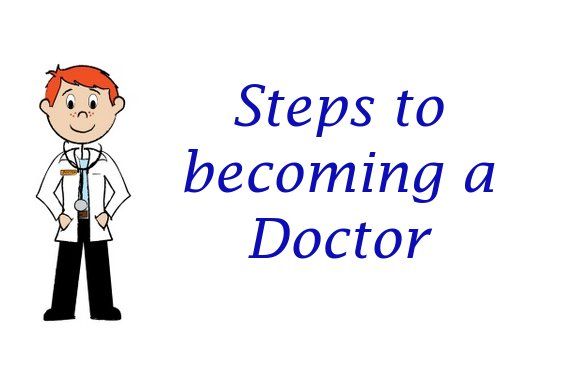In order to become a doctor, you will need to undergo many hours of school, study and practice. The way to do this successfully is to have a passion behind the medicine you are going to practice. Think about why you might be going into a particular field of medicine and make sure you are dedicating yourself for the right reasons.
School
The first step toward your medical career will be schooling. Every doctor, no matter the specialization, will need to complete an undergraduate education It is a good idea to start your higher education with classes catered toward your desired field of medicine. There are often introductory classes you will need to take in order to join more advanced classes and labs down the line. Don’t be afraid if the course load seems heavy. You can decide to take a few classes at a time instead of going full time. There are several ways you can balance your schedule to ensure you are making progress without overwhelming yourself. Much like how Rachel Tobin Yale is able to study medicine and work as an educator, you too can maintain a professional job, enroll in medical school and even maintain some hobbies on the side.
Training
Once you complete your undergraduate degree, you will need to pass a multiple choice standardized examination called the MCAT’s (Medical College Admission Test) and apply to medical school. Whether or not you are accepted to a medical school will most likely depend on your MCAT score. Medical school is where your serious training will begin. Typically, it takes a minimum of four years to complete medical school which will take you through a variety of trainings to really develop your skills.
Practice
As your time in medical school comes to an end, you will have narrowed down your potential specialties and begin applying for open residencies. This transition from medical school to a residency program is accompanied by another examination known as the USMLE (United States Medical Licensing Examination). You will take this examination at the end of your residency program. This examination is legally required in order for you to practice medicine in the United States. From there is it up to you if you want to pursue certifications from specialty boards or state-level medical licenses for particular procedures. You may consider these additional certifications depending on what job you plan on applying for later on.
Becoming a doctor is a long process that requires dedication, time and commitment. All of this effort is worth it knowing that your practice could potentially improve and save a number of lives. There are often introductory classes you will need to take in order to join more advanced classes and labs down the line. Dont be afraid if the course load seems heavy. You can decide to take a few classes at a time instead of going full time. You can decide to take a few classes at a time instead of going full time. There are several ways you, can balance your schedule to ensure you are making progress without overwhelming yourself.






